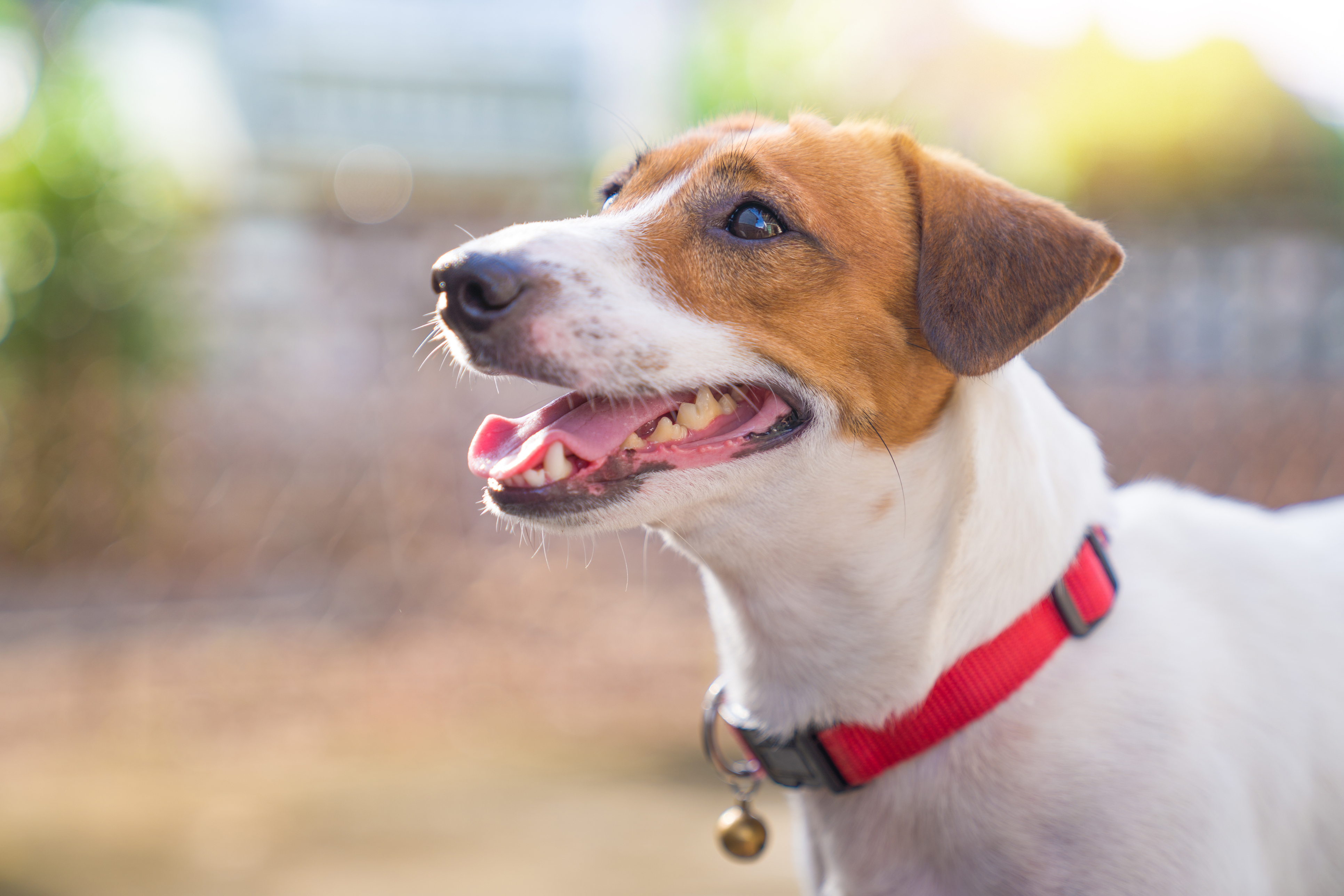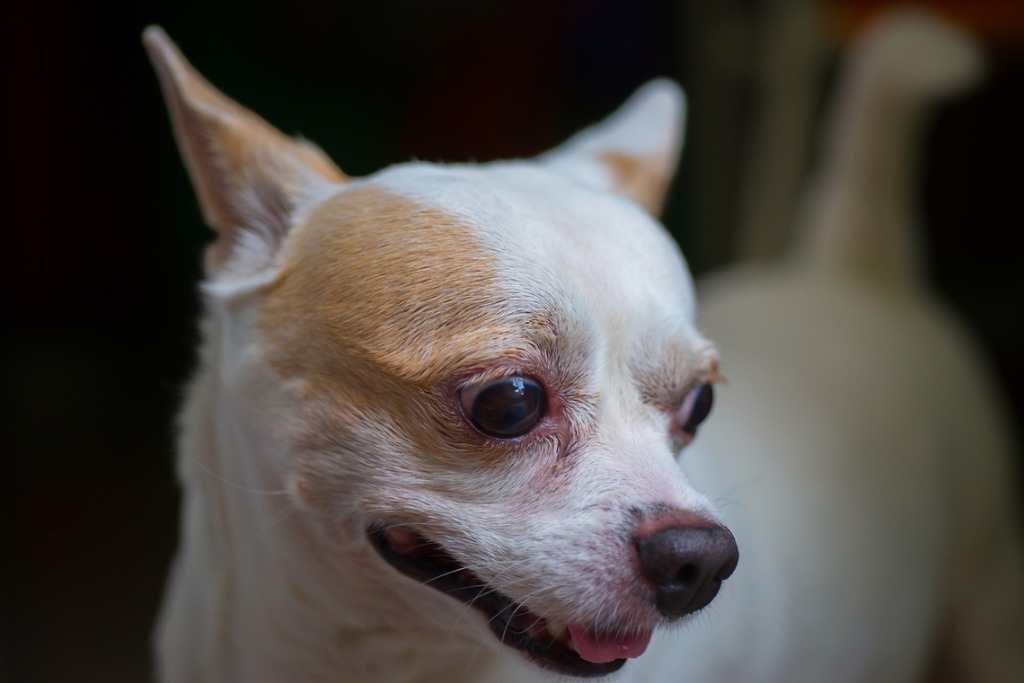What Does It Mean When Your Dog Is Panting?
Doctor of Veterinary Medicine

While efforts are made to answer all questions as quickly as possible, if an immediate answer is required or if your pet is in need of urgent or emergency care, contact your pet's veterinarian immediately.
Doctor of Veterinary Medicine

You will receive an answer from Dr. Lindsay and our vet/tech team as soon as possible, usually the same day.
All answers are provided for informational or educational purposes only, and are intended to be a supplement to, and not a substitute for, the expertise and professional judgment of your pet's veterinarian.
It may be necessary to consult your pet's veterinarian regarding the applicability of any opinions or recommendations with respect to your pet's symptoms or medical condition.
CloseDoctor of Veterinary Medicine

An error has occurred, please reload the page and try again.
CloseDoctor of Veterinary Medicine

While efforts are made to answer all questions as quickly as possible, if an immediate answer is required or if your pet is in need of urgent or emergency care, contact your pet's veterinarian immediately.
There is no answer related to your question

There’s nothing sweeter than a dog panting and showing you their big doggy smile. Panting is usually a sign that your dog is happy and relaxed, especially after a good walk or an intense play sesh. Occasionally, though, panting can indicate that something’s just not right. Learn why dogs pant and when excessive panting may be a sign of a health issue.
Anxious Panting vs. Relaxed Panting

A tense facial expression may indicate that your dog is panting due to stress or anxiety.
A panting dog can look like they’re smiling, but they might actually feel stressed. However, a relaxed, open mouth really can be your dog’s version of a smile. So, is your panting dog feeling stressed or relaxed?
The key is to check for tension in your dog’s facial expression. An anxious, panting dog may have a furrowed brow. You may be able to see the white part of their eyes. The corners of their mouth will stretch back in a nervous grin. They may pant rapidly and heavily, and their ears may be flattened.
A calm dog will have a relaxed, open mouth and a soft facial expression. There will be no tension at the corners of their mouth or their brow. Their ears will be in their “default” position or angled slightly forward with friendly curiosity, but they won’t be laid back or flattened, with the exception of Greyhounds and other dogs that default to a flat ear position.
Is Your Dog Always Panting?
Some dogs rarely pant, except on very hot days, while others almost always seem to be panting. Keep in mind that large and giant breeds, as well as obese dogs and those with a thick coat, tend to feel overheated more easily.
Chances are, even if it’s not particularly warm out, your dog may feel hot. Make sure your dog always has a way to keep cool. For example, they should have access to a fan or air conditioning and may benefit from having a cooling mat.
When Panting May Point to A Health Issue
When a dog is in severe pain or distress, their body produces the hormone cortisol, which can cause panting. Increased cortisol levels can also result from certain medications, including steroids, or an endocrine disorder like Cushing’s disease.
Panting is also seen in dogs with congestive heart failure because fluid buildup in the lungs can make it harder to breathe. Toxicity and poisoning, too, can cause rapid breathing.
If your dog is panting and they have not been exposed to hot weather, have not been playing or exercising, or are otherwise not experiencing stress or anxiety, seek emergency veterinary care.
Other Symptoms To Watch For
While panting, on its own, is not usually a cause for concern, these other symptoms can point to an underlying health issue.
- Bluish tint to gums or tongue indicate lack of oxygen, seek emergency vet care
- Reddish tint to gums or tongue can indicate overheating or heat stroke
- Drooling may indicate anxiety or nausea
- Hunched or “downward dog” posture can indicate serious abdominal pain or bloat
- Trouble breathing warrants an emergency vet visit
Remember, light panting and a relaxed, happy face is usually a good sign, though your dog might appreciate a cool drink of water. Rapid panting, a tense face, or additional symptoms of distress may mean that your dog needs your help.
VISION
Every pet deserves to live a long, happy, healthy life.
 Swipe
Swipe


















